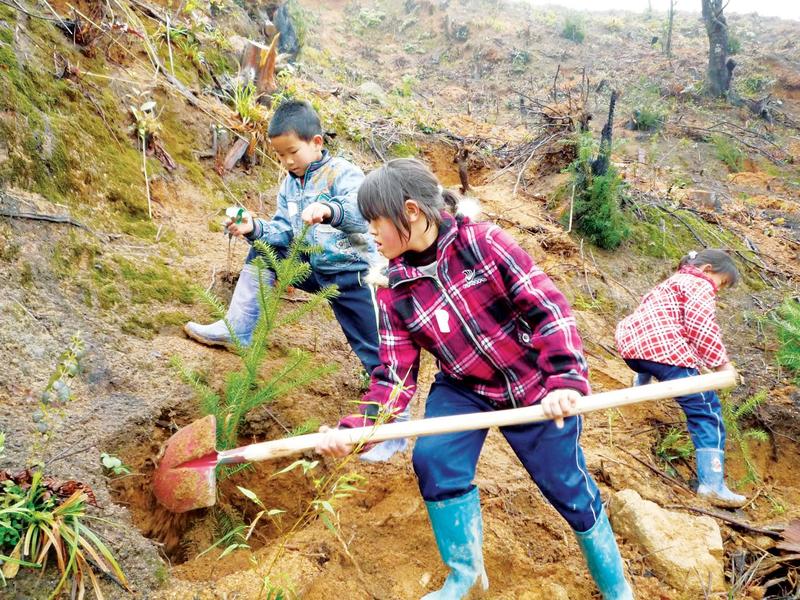A river that seals bonds


Gaining understanding
The bonding between Jiangxi and Hong Kong is mutual, and staying in small villages in the province is unforgettable for Esther Lo Yin-yue, a former China project officer with Friends of the Earth. She led volunteers to Xunwu for a week once every three months from 2013 to 2015.
Recalling her experiences there, Lo said she had tried making a cooking fire, gazed at the Milky Way, and attended a celebration to worship local gods — things she rarely did in Hong Kong. It was also in the county that she saw the narrow stream flowing down the Yajibo Mountain and converging with the Xunwu river to form the biggest portion of the Dongjiang River. "Previously, many people in Hong Kong may know that the water we drink comes from the Dongjiang River, but it is an abstract concept. After our visits, we were able to understand how people lived around the source, and figure out how people along the river could work together to protect it," Lo said.
Zhang's village was among those that had to relocate to protect the water source. Some residents of Qing Feng village living at the foothills in the northeastern part of the Yajibo Mountain also had to move out, leaving behind empty mud houses and cowsheds.
The massive relocation plan was part of comprehensive efforts by counties in the area, which involved multipronged approaches such as closing down mines and returning farmland to forests. According to media reports, Xunwu, Anyuan and Dingnan counties in the city of Ganzhou had to close or relocate 2,540 high-pollution enterprises from 2011 to 2015. These counties had to strictly screen enterprises intending to make a foray into the protected lands, resulting in huge economic losses as the counties rely heavily on agriculture.
























